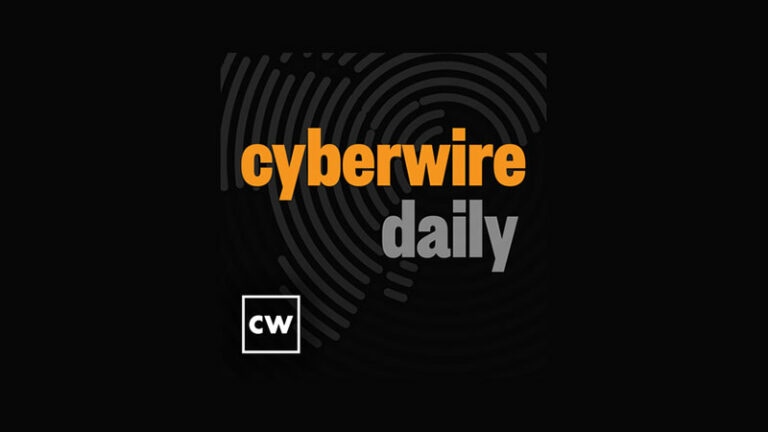Israel cyber attacks have surged dramatically since the events of October 7, 2023, when Hamas launched a coordinated assault. In the days and weeks following, numerous cybersecurity incidents have targeted Israel’s digital systems and infrastructure.
According to the Wall Street Journal, one high-profile Israel cyber attack involved hackers breaching smart billboards across the country to display pro-Hamas messages and images. Additionally, Israeli citizens have reported receiving threatening messages via text and WhatsApp from foreign numbers traced to Yemen and Afghanistan. Opportunists have also used the chaos to launch cryptocurrency scams disguised as pro-Israel fundraising efforts..
Cyberattacks on Israel’s Critical Digital Assets
As per findings by Cloudflare Systems in their report, multiple cyberattacks targeting Israel’s websites where identified. They successfully defended against several Distributed Denial of Service (DDoS) attacks that aimed to disrupt websites vital for providing information and alerts to civilians about rocket attacks.
Since the October 7 assault, news and media outlets have become the most frequent targets, accounting for 56% of all recorded DDoS attacks against Israeli websites. These Israel cyber attacks parallel on-the-ground warfare, threatening the availability of crucial real-time information to the public.
Israel Cyber Attack on Industrial Systems
The scope of Israel cyber attacks has extended beyond digital media and public websites to industrial infrastructure. Cyberattacks reportedly originating from Iran, Syria, and the pro-Russian hacktivist group Killnet have targeted Israel’s energy, transportation, and manufacturing sectors.
Microsoft’s Digital Defense Report identified Storm-1133, a threat group affiliated with Hamas, as responsible for targeting Israeli telecommunications and energy networks. The group’s tactics include deploying backdoors, phishing campaigns, and other malicious payloads.
These cyberattacks targeting Israel’s industrial systems underscore the critical importance of physical layer visibility and robust cybersecurity defense measures to safeguard critical infrastructure and sensitive data.
Sepio’s Asset Risk Management Platform
Sepio is the only company in the world that utilizes the physical layer. It provides unique asset visibility and an integrated asset risk factor (ARF) score. Sepio harnesses the entire asset security system for actionable visibility and limitless scalability. Which is crucial for effective asset risk management (ARM) and cybersecurity.
In addition to providing deep physical layer visibility, Sepio offers a robust policy enforcement system that suggests best practice policies and enables administrators to set strict or specific rules for system enforcement. These features support the implementation of a zero trust hardware (ZTH) approach. If a device breaches the established policy, Sepio platform promptly starts a mitigation process, immediately blocking unauthorized or rogue hardware access.
As Israel cyber attacks become more frequent and sophisticated, solutions like Sepio’s Asset Risk Management platform are critical to national security, industrial resilience, and operational continuity.
Yossi Appleboum Interview: Israeli Cyber Companies Rally as Digital, Physical Assaults Continue – Wall Street Journal.





